With nearly 20 years of experience in raising chickens, Ms. Le Thi Hang (Xuan Quang commune, Bao Thang district) said: Normally, in March and April, the weather changes, high humidity, erratic rain and sunshine reduce the resistance of livestock, making it easy for diseases to arise. Therefore, in addition to fully vaccinating, my family buys disinfectants to spray the entire barn once a week and regularly cleans, collects waste, and clears weeds around the barn.
Thanks to proactive disease prevention measures, Ms. Hang’s family’s poultry flock has grown steadily, without any outbreaks of disease. Each year, her family raises more than 15,000 chickens, earning more than 300 million VND.

Bat Xat district has more than 55 thousand cattle and 290 thousand poultry. With the current situation of small-scale and scattered livestock farming, the risk of disease outbreak and spread is always present. Mr. Nguyen Quang Chien, in charge of Bat Xat District Veterinary Station, said: The current weather is favorable for pathogens to arise and spread, so people need to clean, disinfect, and sterilize livestock barns regularly, vaccinate on time, and with the right doses of vaccines. Implementing the first phase of the General Cleaning, Disinfection, and Environmental Decontamination Month in 2024, the station has provided more than 1,000 liters of Benkocid chemicals to communes and towns to disinfect the environment.

The family of Ms. Dang Thi Nham is a typical example of livestock development in Ban Vuoc commune (Bat Xat district). Currently, her family's farm raises 14 buffaloes and cows; 60 goats and 10 native black pigs. She considers cleaning, disinfecting and sterilizing barns and the livestock environment as one of the best solutions to prevent diseases for livestock. Ms. Nham said that livestock barns, especially waste, if not collected, cleaned and disinfected regularly, will easily generate pathogens. Therefore, her family proactively cleans the barns and surrounding environment, collects waste for treatment, and regularly sprinkles lime powder on the walkways and around the barns.

In order to proactively prevent livestock and poultry diseases from arising and spreading, prevent diseases from spreading to humans, ensure food safety and disease safety in livestock farming, the province has implemented two main phases of sanitation, disinfection and environmental detoxification in the year (phase 1 in March, phase 2 in November). Each phase, the province provides about 6,000 - 7,000 liters of chemicals to localities to spray disinfectants and detoxify the environment in residential areas bordering the border, poultry markets, public places, village roads, alleys, at old epidemic areas and places with high risk of disease outbreak and spread in livestock.

Along with that, it is recommended that livestock farmers spray disinfectants in the entire livestock area, grazing areas and surrounding areas once a week. Vehicles, tools for transporting animals, animal products, animal feed, and places where animals are kept waiting for slaughter must be cleaned, and waste and manure must be collected for burial or incineration. For slaughterhouses, markets, and gathering points, clean, disinfect and sterilize after each production shift and at the end of the production day. Treat wastewater after the slaughter process with chemicals before discharging it into the environment.
The Department of Animal Husbandry and Veterinary Medicine coordinates with the Department of Agriculture and Rural Development of districts, cities and towns to promote the purpose and significance of spraying disinfectants and sterilizing livestock environments so that people, especially livestock households, can proactively implement them. Organize training on spraying disinfectants and sterilizing barns and livestock environments for commune-level veterinary staff and directly participating forces. At the same time, assign veterinary staff in charge of the area to strengthen supervision and provide guidance on spraying and sterilizing procedures and techniques...
During the first general cleaning, disinfection and environmental decontamination month of 2024, localities in the province used more than 900 tons of lime powder and more than 6,600 liters of chemicals, mobilizing nearly 12,000 people to participate in dredging sewers, cleaning village roads and alleys.

Source


![[Photo] Prime Minister Pham Minh Chinh receives CEO of Standard Chartered Group](https://vstatic.vietnam.vn/vietnam/resource/IMAGE/2025/4/2/125507ba412d4ebfb091fa7ddb936b3b)
![[Photo] Special relics at the Vietnam Military History Museum associated with the heroic April 30th](https://vstatic.vietnam.vn/vietnam/resource/IMAGE/2025/4/3/a49d65b17b804e398de42bc2caba8368)


![[Photo] Comrade Khamtay Siphandone - a leader who contributed to fostering Vietnam-Laos relations](https://vstatic.vietnam.vn/vietnam/resource/IMAGE/2025/4/3/3d83ed2d26e2426fabd41862661dfff2)
![[Photo] Prime Minister Pham Minh Chinh receives Deputy Prime Minister of the Republic of Belarus Anatoly Sivak](https://vstatic.vietnam.vn/vietnam/resource/IMAGE/2025/4/2/79cdb685820a45868602e2fa576977a0)
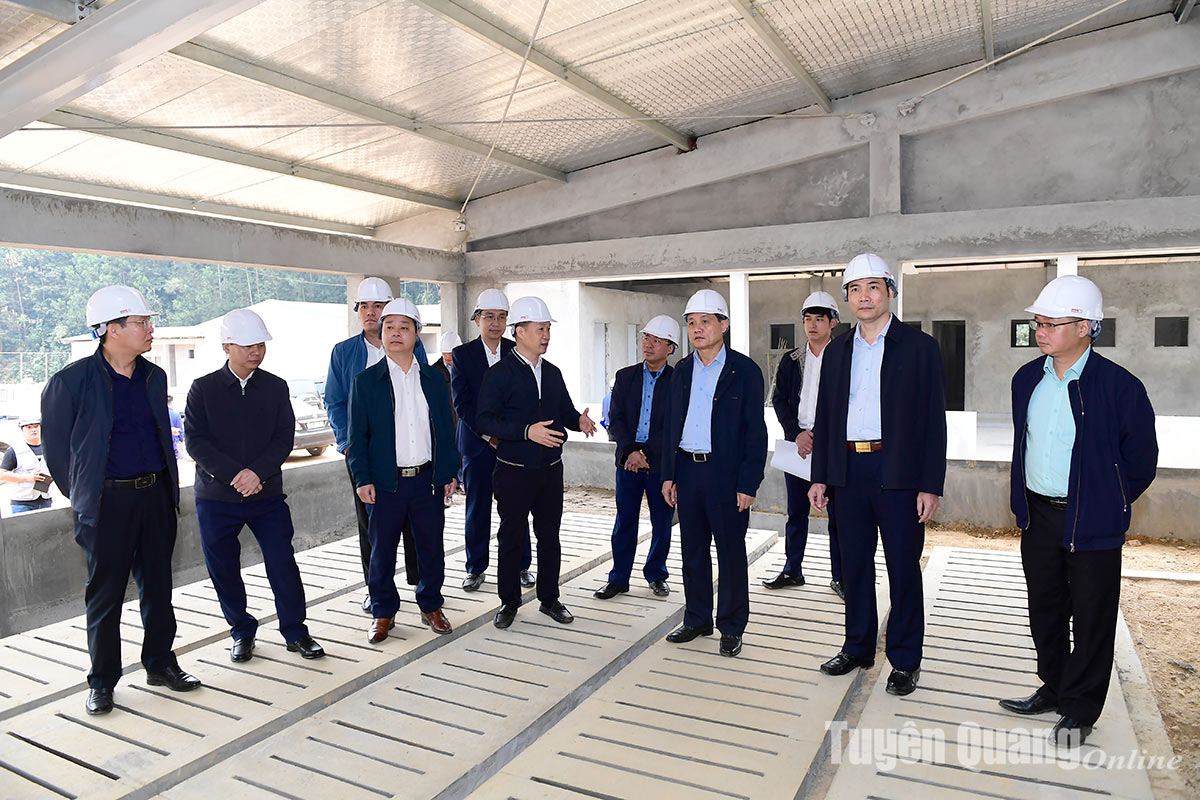
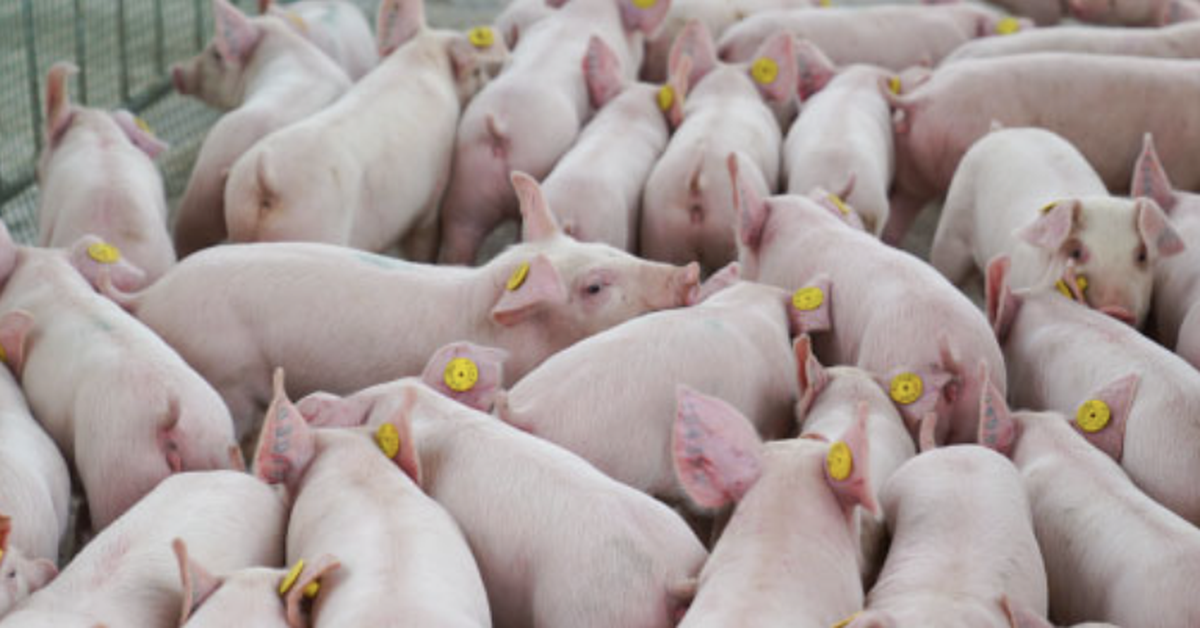

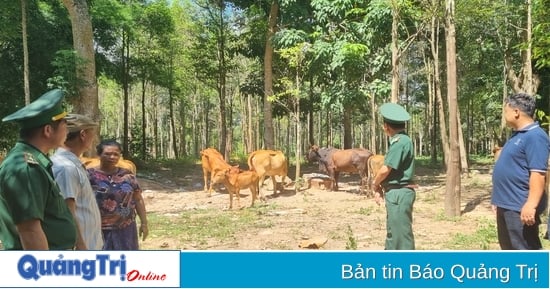
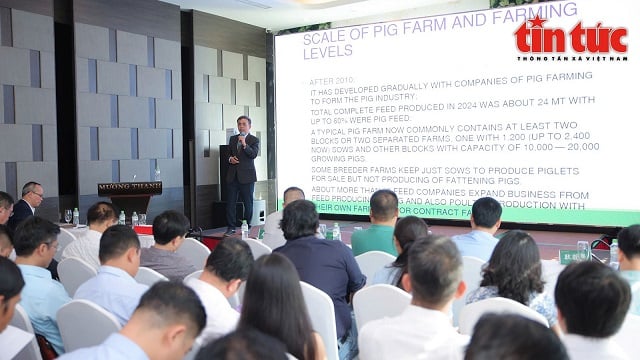



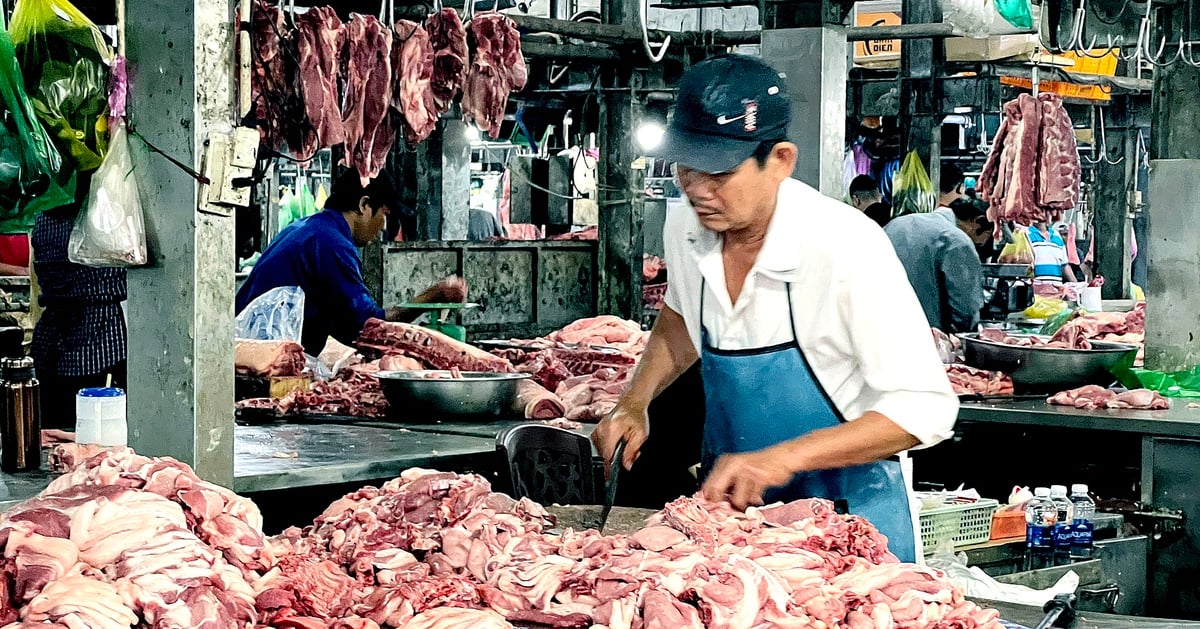


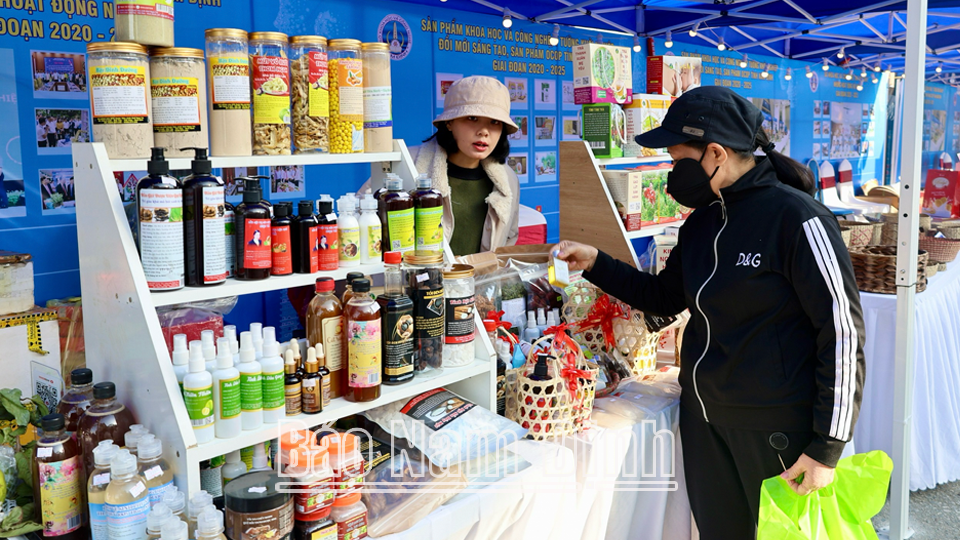

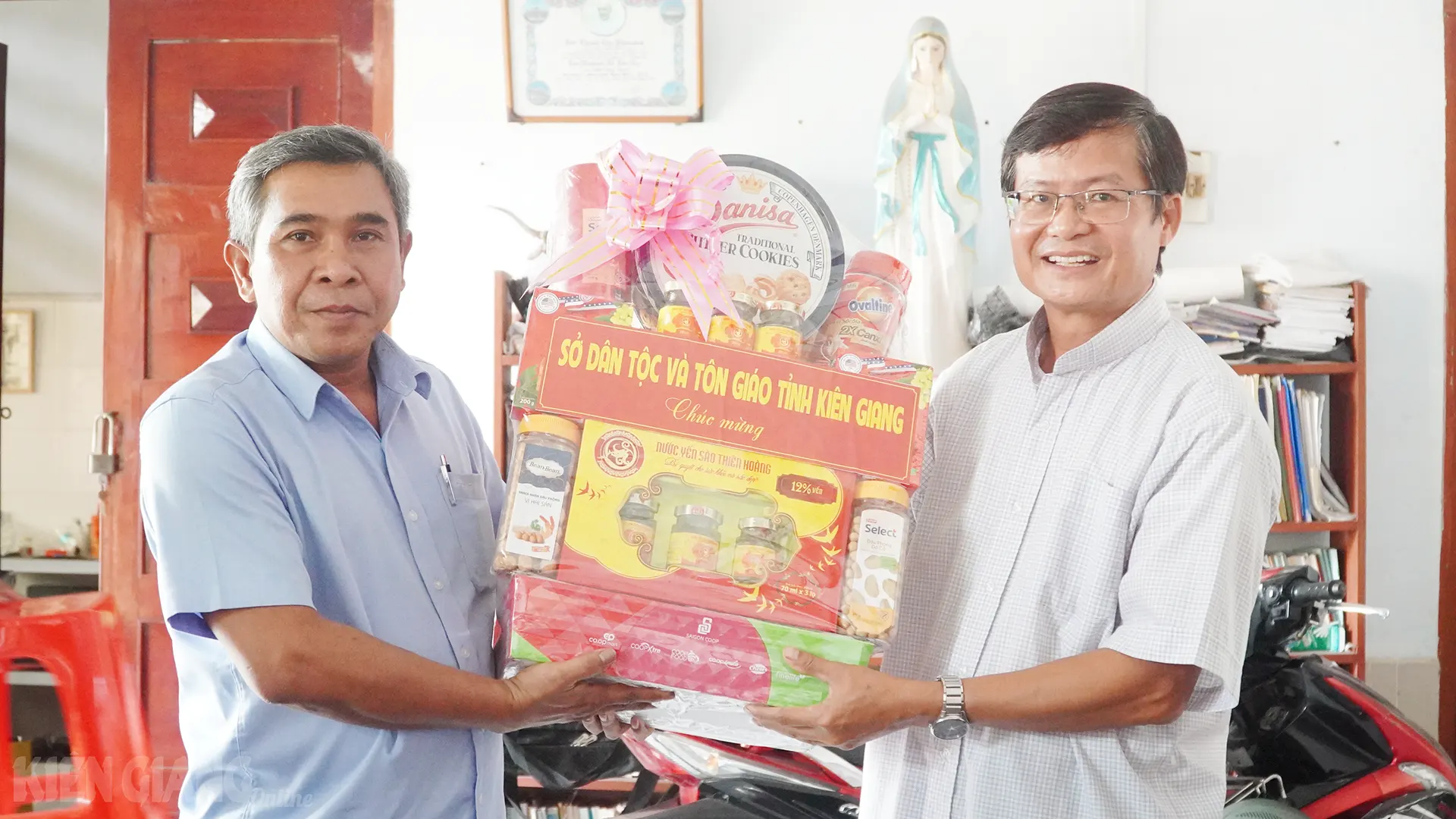







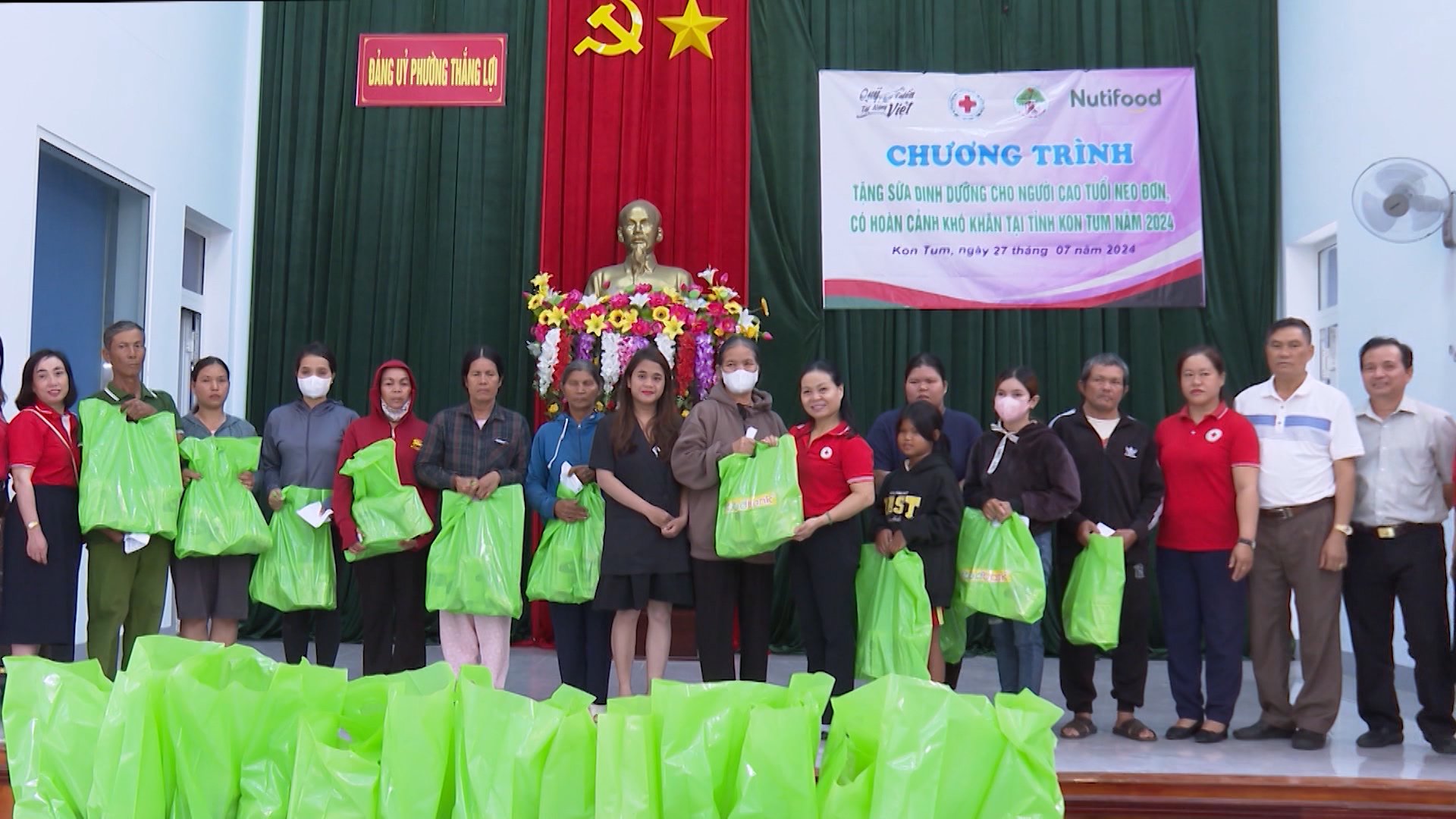
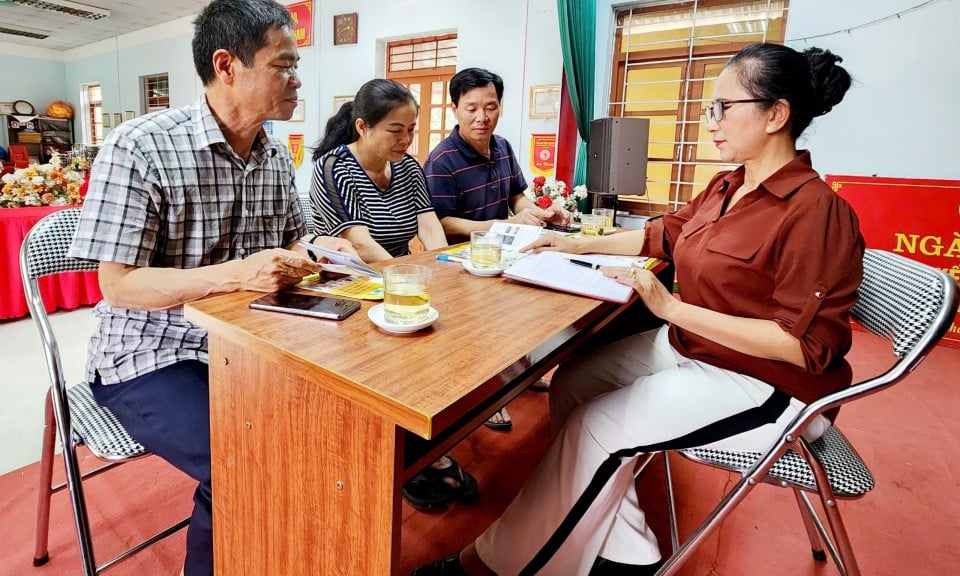



































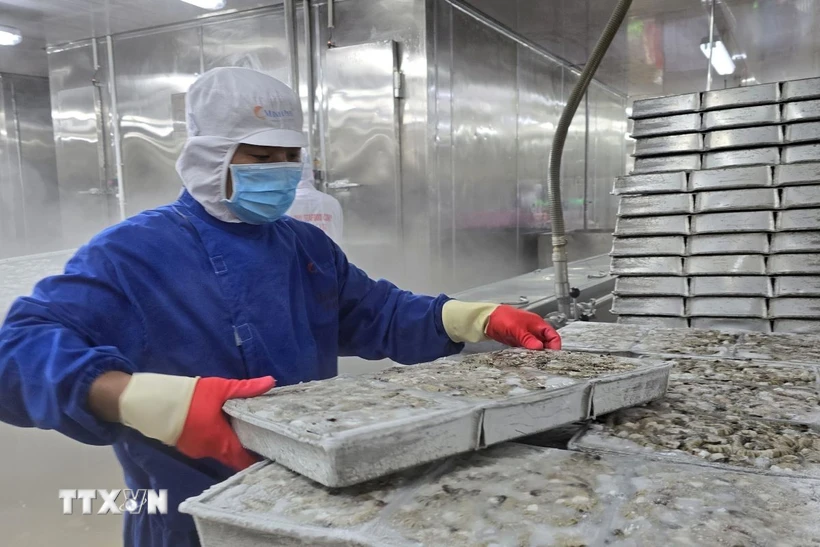
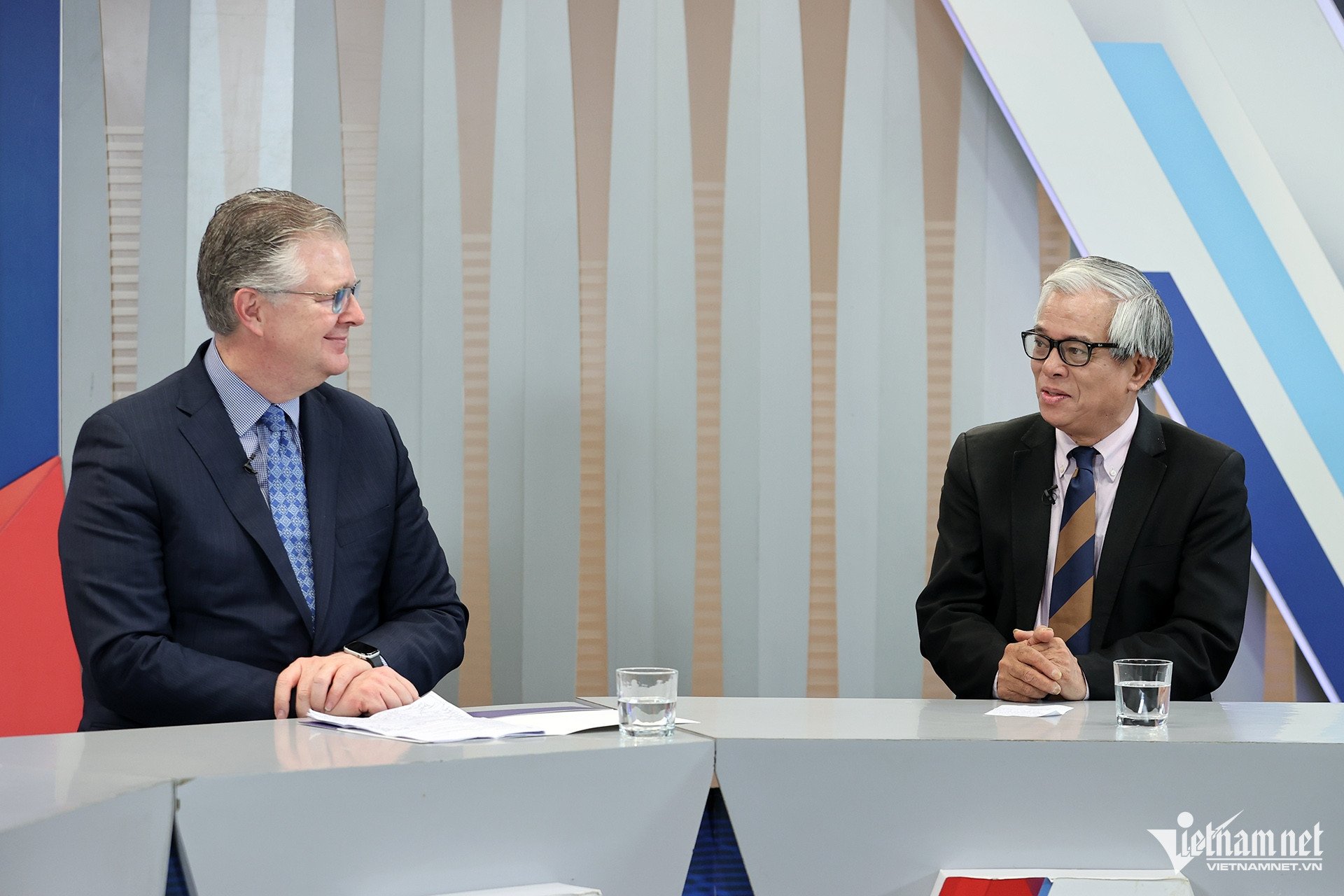



























Comment (0)